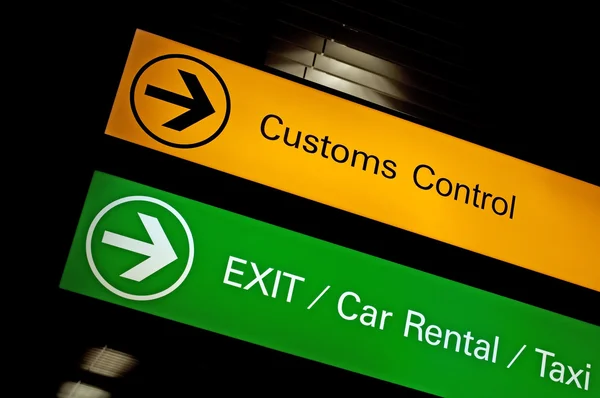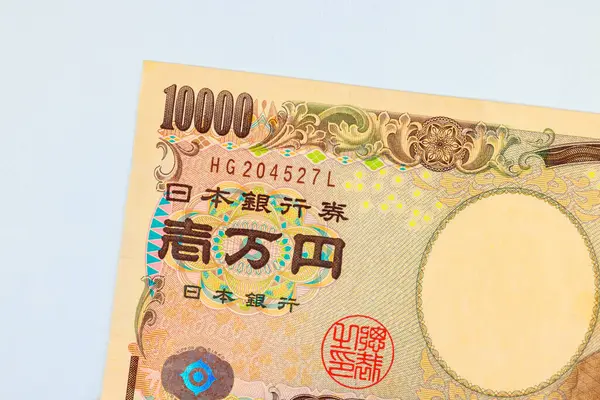Crossing international borders should be the exciting part of travel, not the beginning of a legal nightmare. Unfortunately, thousands of travelers each year find themselves in serious trouble with customs authorities because of declaration mistakes that seemed harmless at the time. These errors can result in hefty fines, confiscated goods, missed flights, and even criminal charges that follow you for years.
Most customs problems stem from misunderstanding what needs to be declared or attempting to bend the rules just a little bit. Here is a list of 13 customs declaration mistakes that consistently land travelers in hot water with authorities worldwide.
Claiming Gifts Don’t Count

Many travelers think calling purchases ‘gifts’ exempts them from declaration requirements, but customs authorities know this trick and specifically look for it. Gift exemptions have strict limits and conditions that most people don’t understand, making this one of the most common declaration errors.
Presenting purchased items as gifts while carrying shopping receipts makes you look dishonest rather than just confused.
Exceeding Alcohol Limits

Assuming you can bring ‘a few extra bottles’ of wine because you’re not a commercial importer leads to confiscation and penalties that far exceed the alcohol’s value. Each country has specific limits for alcohol importation, and exceeding these limits can trigger commercial import procedures and taxes.
Customs officers pay particular attention to alcohol because it’s heavily regulated and taxed in most countries.
Like Travel Pug’s content? Follow us on MSN.
Not Declaring Prescription Medications

Bringing prescription drugs without proper documentation can result in drug possession charges, even for legitimate medications prescribed by your doctor. Many common prescription drugs are controlled substances in certain countries, making undeclared medications a serious legal issue.
Always carry original prescription bottles and doctor’s letters, especially for controlled substances or large quantities.
Not Declaring Previous Country Visits

Lying about which countries you’ve visited recently can trigger extensive questioning and searches, especially if customs officers find evidence contradicting your statements. Many countries have specific restrictions or additional screening requirements for travelers from certain regions, making your travel history relevant to customs procedures.
Passport stamps and airline tickets in your luggage will reveal the truth anyway.
Exceeding Tobacco Limits

Bringing extra cigarettes or cigars seems minor until you discover that tobacco violations carry disproportionately high penalties in many countries. Tobacco is heavily regulated and taxed worldwide, making excess quantities a serious customs violation rather than a minor oversight.
Some countries treat tobacco violations as potential commercial imports without proper licenses.
Like Travel Pug’s content? Follow us on MSN.
Not Declaring High-Value Electronics

Failing to declare expensive cameras, phones, or laptops can result in confiscation and fines that exceed the equipment’s value. Electronics are common targets for customs scrutiny because they’re easy to resell and often subject to import duties.
Customs officers know the approximate values of popular electronic devices and will question obviously expensive equipment that’s not declared.
Not Declaring Valuable Jewelry

Expensive watches, rings, or necklaces that you’re wearing or carrying need a declaration if they exceed value limits, even if you’ve owned them for years. Many travelers assume that the jewelry they’re wearing doesn’t count as imports, but customs authorities consider all valuable items regardless of how you’re transporting them.
The distinction between personal effects and declarable items often depends on total value rather than how you acquired them.
Exceeding Duty-Free Allowances

Buying multiple duty-free items throughout your journey and assuming they all count toward a single allowance often results in exceeding limits without realizing it. Duty-free allowances typically apply to your final destination, not each country you pass through during connections.
Keeping all duty-free receipts helps prove you stayed within limits, but many travelers don’t understand how allowances accumulate.
Like Travel Pug’s content? Follow us on MSN.
Not Declaring Cultural Artifacts

Bringing home traditional crafts, antiques, or cultural items without considering export and import restrictions can result in confiscation and cultural property violations. Many countries have strict rules about removing cultural artifacts, and importing them without proper documentation can violate international cultural protection agreements.
What seems like innocent souvenirs might be protected cultural property requiring special permits.
Claiming Expired Declarations

Using old customs forms or information from previous trips often contains outdated limits and requirements that no longer apply. Customs regulations change frequently, and outdated information can lead to incorrect declarations that appear suspicious to officers.
Many countries have updated their declaration requirements and limits in recent years, making old information potentially harmful.
Not Declaring Business Samples

Bringing product samples for business meetings while claiming everything is for personal use creates obvious inconsistencies that customs officers easily detect. Business samples often require different documentation and may be subject to commercial import procedures regardless of their value.
Misrepresenting business materials as personal items can trigger investigations into your work authorization and visa status.
Like Travel Pug’s content? Follow us on MSN.
Exceeding Personal Use Quantities

Bringing commercial quantities of items while claiming they’re for personal use raises immediate red flags about your true intentions. Personal use exemptions have reasonable limits that customs officers understand, making excessive quantities obvious indicators of commercial activity.
Large quantities of identical items rarely qualify as personal effects, regardless of your stated intentions.
Not Declaring Currency Instruments

Failing to declare traveler’s checks, money orders, or bearer bonds can result in the same penalties as unreported cash. These financial instruments count toward currency declaration requirements in most countries, but many travelers don’t realize they need reporting.
Customs authorities treat all monetary instruments equally, regardless of their specific form.
From Honor System to High Technology

Customs enforcement has evolved from basic inspections and honest declarations to sophisticated detection systems that make hiding undeclared items nearly impossible. Modern airports and border crossings use advanced scanning technology, computer databases, and trained officers who can spot discrepancies that would have gone unnoticed decades ago.
The old approach of hoping customs officers wouldn’t notice or care about minor violations no longer works in an era of heightened security and automated detection systems. Today’s travelers succeed by understanding that honest, complete declarations are not just ethical requirements but practical necessities in a world where getting caught carries consequences far exceeding any potential savings.
Like Travel Pug’s content? Follow us on MSN.
More from Travel Pug

- 20 Best Beach Towns in the Carolinas
- 13 Destinations Where Tourists Regularly Regret Their Trip
- 20 Things You Actually Get in First Class
- 20 Small Airports With Aviation Museums
- 20 Places in the U.S. That Are Perfect for a Reset Trip
Like Travel Pug’s content? Follow us on MSN.
